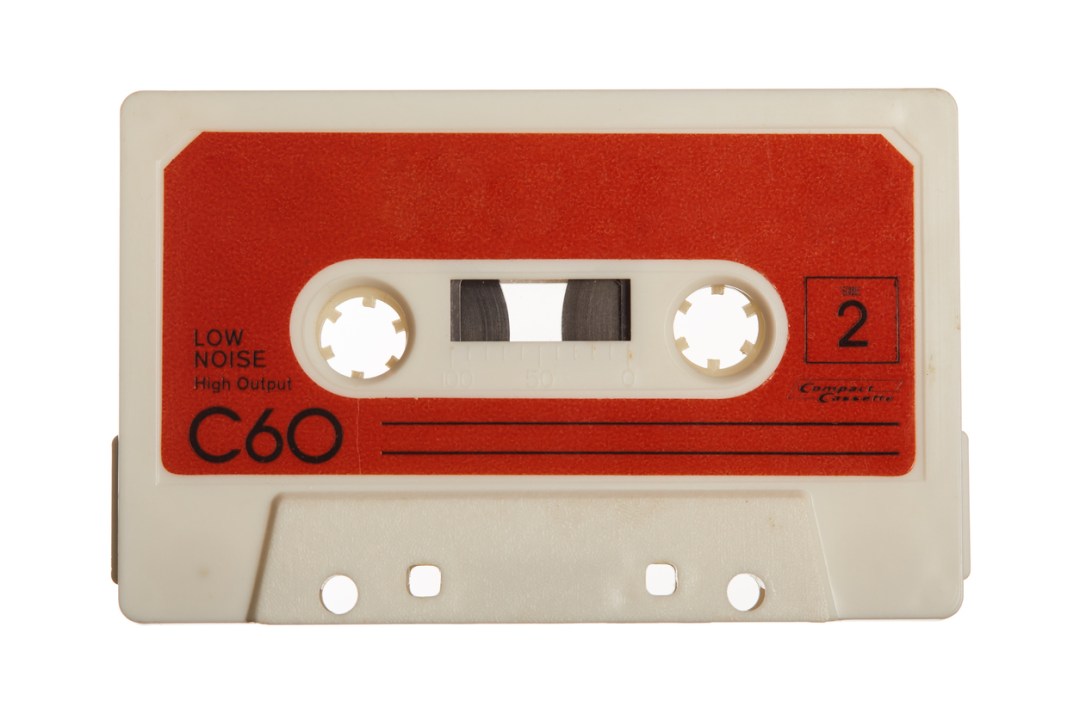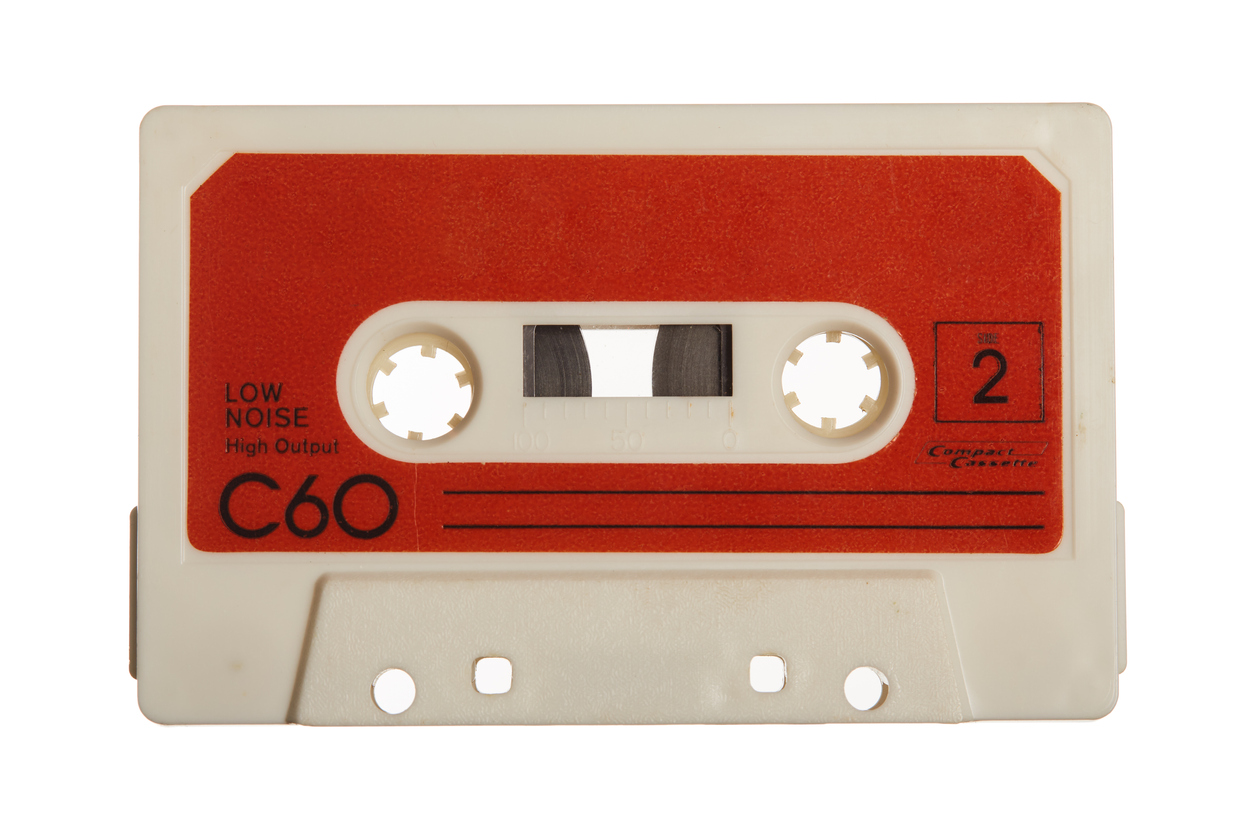In the early 1980s, I was a young teenager being drawn into the small music scene of a provincial town. The moment was post-punk – bands like Joy Division, The Cure and Echo and the Bunnymen were driving my interest – but I was also fascinated by the punk movement that had immediately preceded it.
One of the enduring origin-story legends of punk, frequently mentioned in the music press articles I was then devouring, was that it had been kickstarted when Lenny Kaye, later the guitarist in the Patti Smith Group, curated (as we’d say now) a compilation album of lo-fi 1960s American garage bands called Nuggets.
Nuggets was a bit of a mythical record for NME disciples like me
Nuggets had come out quietly in 1972 but became a cult word-of-mouth success in the years that followed, particularly stateside. Its appeal was that it sounded wildly different and fresh next to the then prevalent lush rock sounds of the mid-seventies, Exile-period Stones, The Eagles and Fleetwood Mac. And it inspired the American first wave of punk from New York venue CBGBs and the like: the Patti Smith Group, naturally, The Ramones, Television, Blondie and Talking Heads.
Consequently, Nuggets was a bit of a mythical record for NME disciples like me – essential listening. But it was impossible to listen to because it was impossible to find. It hadn’t been reissued at this point. The original pressing had long sold out, and it had only sold in such tiny numbers in England in the first place that it rarely, if ever, showed up in any second-hand record shop.
Only after five years of scouring countless record racks in vain, did I finally find a copy, of sorts, in the summer of 1987. It wasn’t the vinyl version I actually wanted but a homemade C90 cassette – and not just a homemade recording but a copy of a copy of one, made on a tape-to-tape machine, as they were known. The sound quality was consequently terrible: what had started out as lo-fi was now even lower. It also didn’t have a tracklist, just ‘NUGGETS’ written in biro on the TDK spine.
But I didn’t care. After waiting so long to be able to hear it, I listened to it on a loop for weeks. It was great, exactly as billed. The characteristic sound was, yes, noticeably punky: simple three-chord guitar parts with pounding bass and drums and a shouty vocal, from bands like The 13th Floor Elevators and The Electric Prunes.
My favourite song, however, was contrastingly different. It came at the very end, after all this thrashy stuff but was quieter, smoother, folkier. It even had a sax part. I didn’t know what it was called or who it was by, but I loved it. I would put it on mix tapes that I shared with other friends, reducing the sound quality still further as I recopied it, marked ‘Artist Unknown’.
I initially assumed that it was by some obscure American proto-punk band from the 1960s but over the following years I realised something about this didn’t quite fit. It wasn’t just that it was stylistically different, but it also seemed perhaps to be British, with its opening line: ‘Well I’ve been on the pale ale…’ Did Americans have pale ale?
It took another five years before I had the chance to solve this mystery. My scrolling through vintage record shop racks finally saw me find a vinyl copy of Nuggets. I couldn’t afford to buy it: it was priced at something prohibitively expensive, like £50 – which was two weeks rent in those days, I’m sorry to tell younger readers. But I did get to examine the album sleeve for free.
However, instead of solving my enduring question, about ‘the pale ale song’, at this point the mystery only deepened: my favourite track on Nuggets, it turned out, wasn’t on Nuggets at all. The person who’d made the original copy which was then passed around had evidently done that old thing of not wanting to waste the last bit of tape space on a C90, and so had bunged on an extra track at the end from elsewhere.
The mystery of the pale ale song was only finally solved for me in the spring of 1998. I was driving just before 5 a.m. for an early reporting shift on the Evening Standard, listening to the pre-breakfast show on BBC GLR (precursor of what’s now called BBC London) when it came on air, the first and only time I’ve ever heard this song on radio. I actually pulled the car over to make sure I noted it down when the DJ credited the track.
It was called ‘Pinball’ by one Brian Protheroe. Protheroe was a later companion to the Brit folkie likes of Donovan and Al Stewart. And ‘Pinball’ wasn’t even that obscure: it had actually charted, reaching number 22 in August 1974. He had even appeared on Top of the Pops.
Despite the relative success of ‘Pinball’, Protheroe concentrated in the following years on acting, appearing in everything from Shakespeare to superhero movies (you can see him briefly in the 1978 Superman film). The internet also reveals that, even if you don’t know ‘Pinball’, you may still be familiar with Protheroe’s voice because he is now better known as the narrator of Channel 4’s First Dates show. He continued recording intermittently and recently released his seventh album, A Salisbury Boy, at the age of 79.
‘Pinball’ remains his best-known work by some distance, however. It has had six million hits on Spotify. Perhaps I had heard it once or twice as a young child in 1974, or even seen him on TV, which might explain my connection.
But my inability to identify this song was a normal experience in the days before Google. One was left with these little dead ends of information. They happened all the time. I remember in my earliest days of NME readership being mystified by how Van Morrison could be perceived as a sex god. It took another 18 months before I realised I had conflated Van with Jim.
As events turned out, I would have had the means to solve the ‘pale ale song’ mystery without that divine intervention via GLR. The Evening Standard introduced its first internet search engine, Ask Jeeves, just a few weeks after that early morning radio revelation. Nothing was ever the same again.
Today if I type the first line into Google – ‘Well I’ve been on the pale ale’ – it takes me straight to Brian Protheroe and ‘Pinball’. This is a lot more convenient, but somehow less gratifying than a quest lasting years finally solved.







Comments